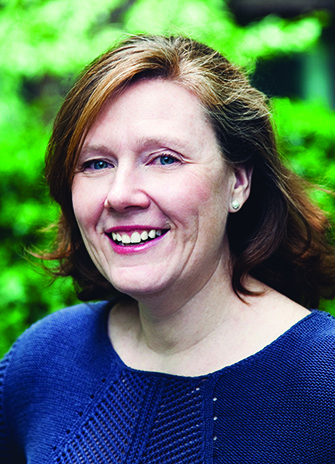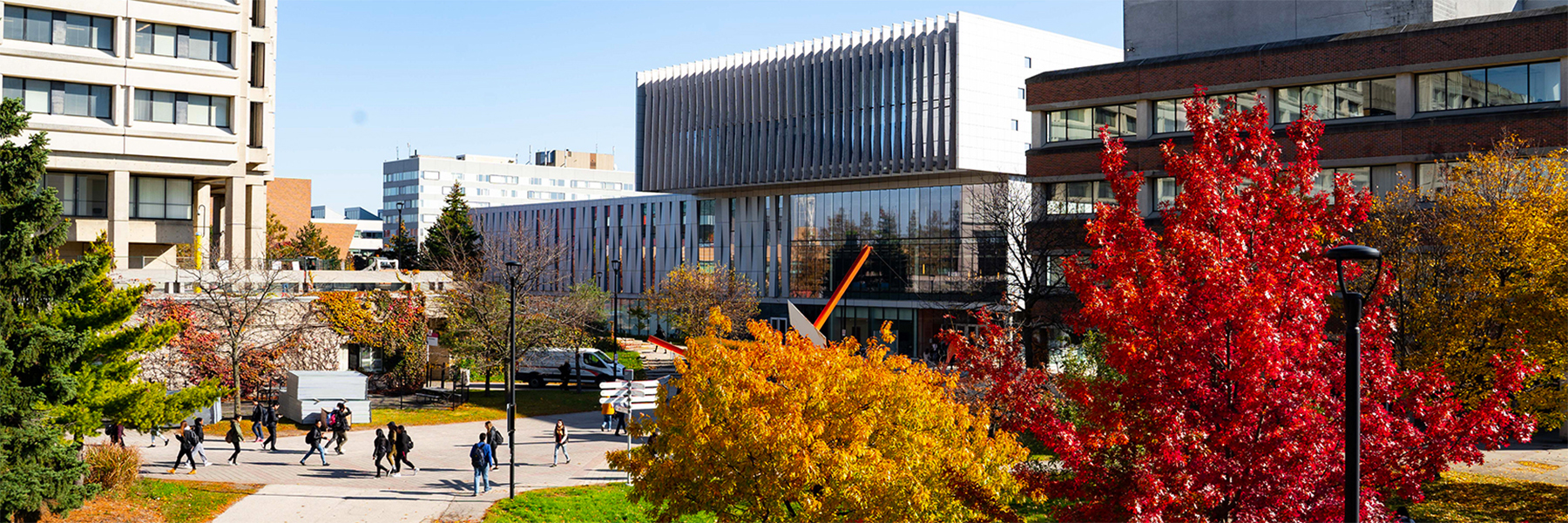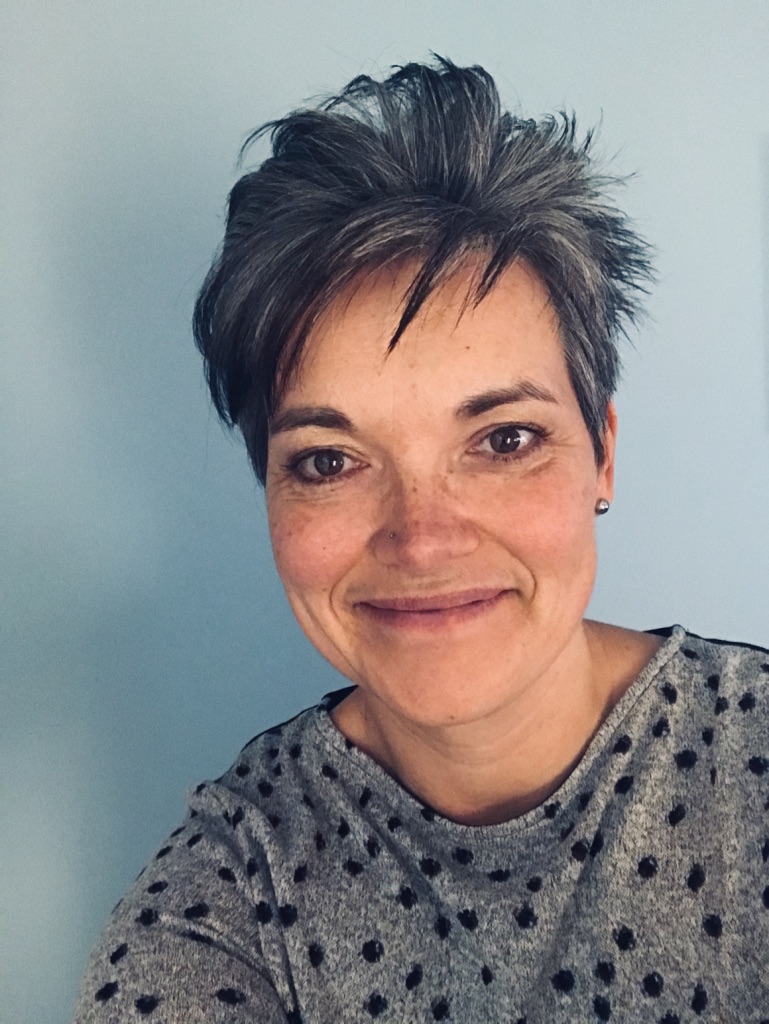Biology Professor Tamara Kelly has been appointed the Faculty of Science’s inaugural Pedagogical Innovation Chair in Science Education. She outlines her four main goals as she focuses on the future.
By Elaine Smith

Professor Tamara Kelly, the Faculty of Science’s inaugural Pedagogical Innovation Chair in Science Education, is enthusiastic about her three-year appointment, which began in Sept. 2021.
Kelly, a biology professor who joined York University in 2008, is a co-founder and past president of the Open Consortium of Undergraduate Biology Educators, a national organization to promote knowledge mobilization in undergraduate biology education, and previously was a postdoctoral Science Teaching and Learning Fellow for the Carl Wieman Science Education Initiative at the University of British Columbia.
As she shapes the role of Pedagogical Innovation Chair in Science Education, Kelly has four main goals that work together. First, she would like to create a Faculty of Science teaching and learning community of practice to share the knowledge of inclusive teaching practices among faculty at all levels and teaching assistants. She would also like to develop a Research in Science Education subgroup to support and increase scholarship of teaching and learning activities (SoTL) within the Faculty.
“I want to create a community that will empower all instructors to teach using evidence-based and inclusive strategies and provide students with exceptional learning opportunities and improved experiences and satisfaction,” Kelly said.
She shares her experience in academia has shown her that such a community “underpins the pedagogical experience and helps you to tweak what you’re doing, collect metrics and introduce new approaches. I want evidence-based principles to be the basis for our decisions, not history.”
Second, Kelly will work to create support, professional development and training for graduate students so they can perform well in the classroom and derive satisfaction from that aspect of their roles.
“We want them to be adequately prepared,” Kelly said. She acknowledges the excellent teaching assistant (TA) training that the Teaching Commons offers, but notes, “we can’t leave it all to the Teaching Commons, because they have other responsibilities, too. Ultimately, I’d like this to be embedded into our graduate program.”
Giving faculty members opportunities to expand their teaching repertoire is also important.
“Good teaching is a skill to be developed, so we need to give people space to continue learning,” she said. “What we know about teaching and learning is changing. We want to provide people with these skills and the opportunity to practise.”
Kelly’s third goal is to embed inclusive, anti-racist, decolonizing science education courses within the curriculum.
While Kelly has experience using inclusive teaching practices within her courses, “I am an absolute beginner here; I’m at the starting line when it comes to Indigenization, but we have a responsibility to the Truth & Reconciliation Commission’s Calls to Action.”
In addition to ensuring science is accessible and inclusive, Kelly would like to see more attention being paid to retention.
“We don’t want to be a bank that forgets its loyal customers,” she said. “We want to support students in achieving their goals. We still have standards, but we need to support students in reaching them.”
Finally, Kelly would like to see more focus on what faculty members are doing within the classroom, finding ways to measure their success and define a standard of excellence. This includes giving excellent work more visibility by using the Faculty’s website and social media accounts.
“I want our students to see a lot of the great work faculty members are doing and have it acknowledged,” Kelly said. “I want us to promote teaching excellence; it’s not enough to pay lip service to it.”
She praises Ashley Nahornick, the Faculty of Science educational development specialist, for her “incredible support” as Kelly works to realize these goals.
Kelly knows that many people will be uneasy about these changes, worrying about disruption to the status quo, “but I’m here to help those people,” she said. “I see this position as supporting others as we try to change things together. I want this to be a group effort; ideas and actions are much better that way. Collaboration is so important.”





